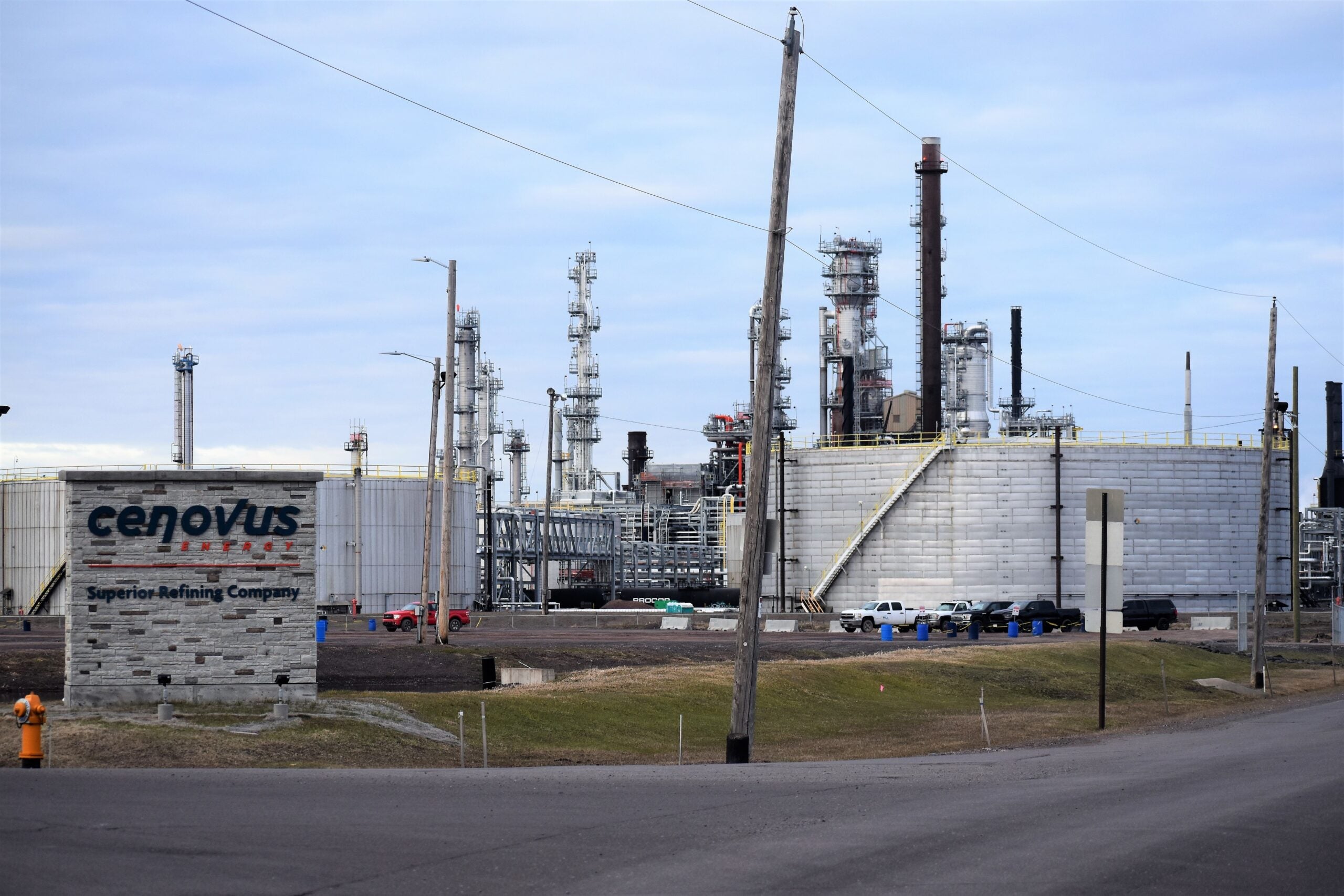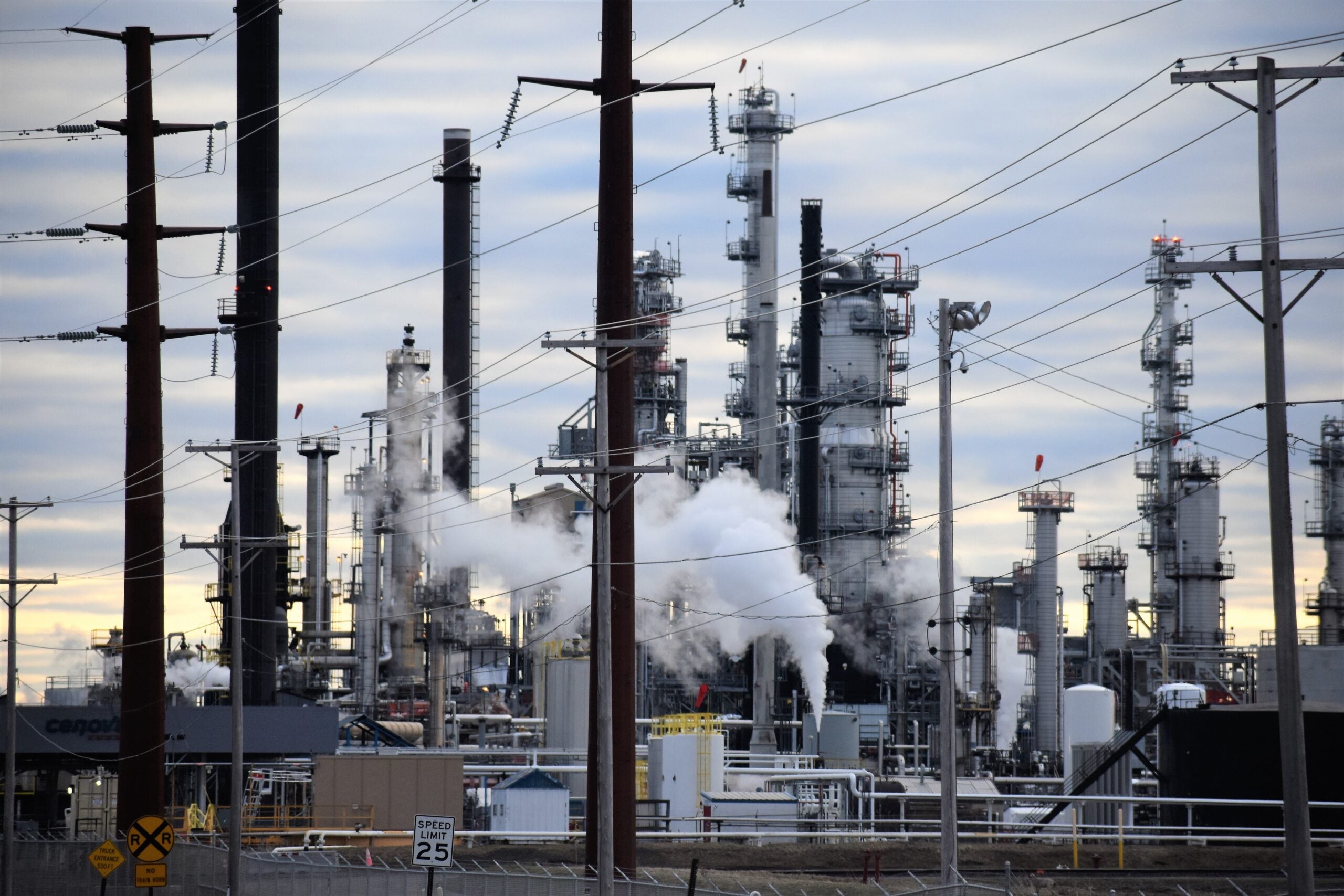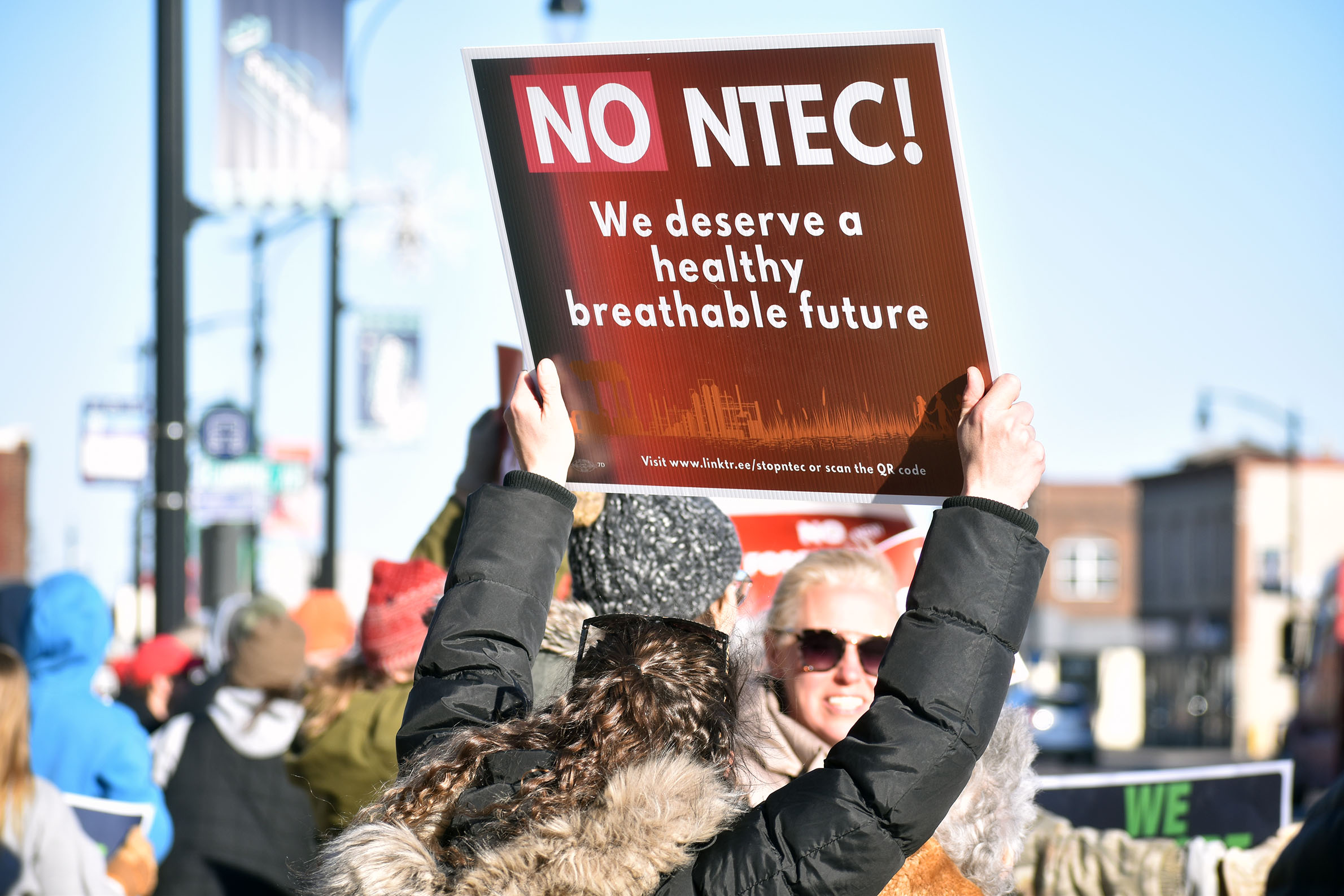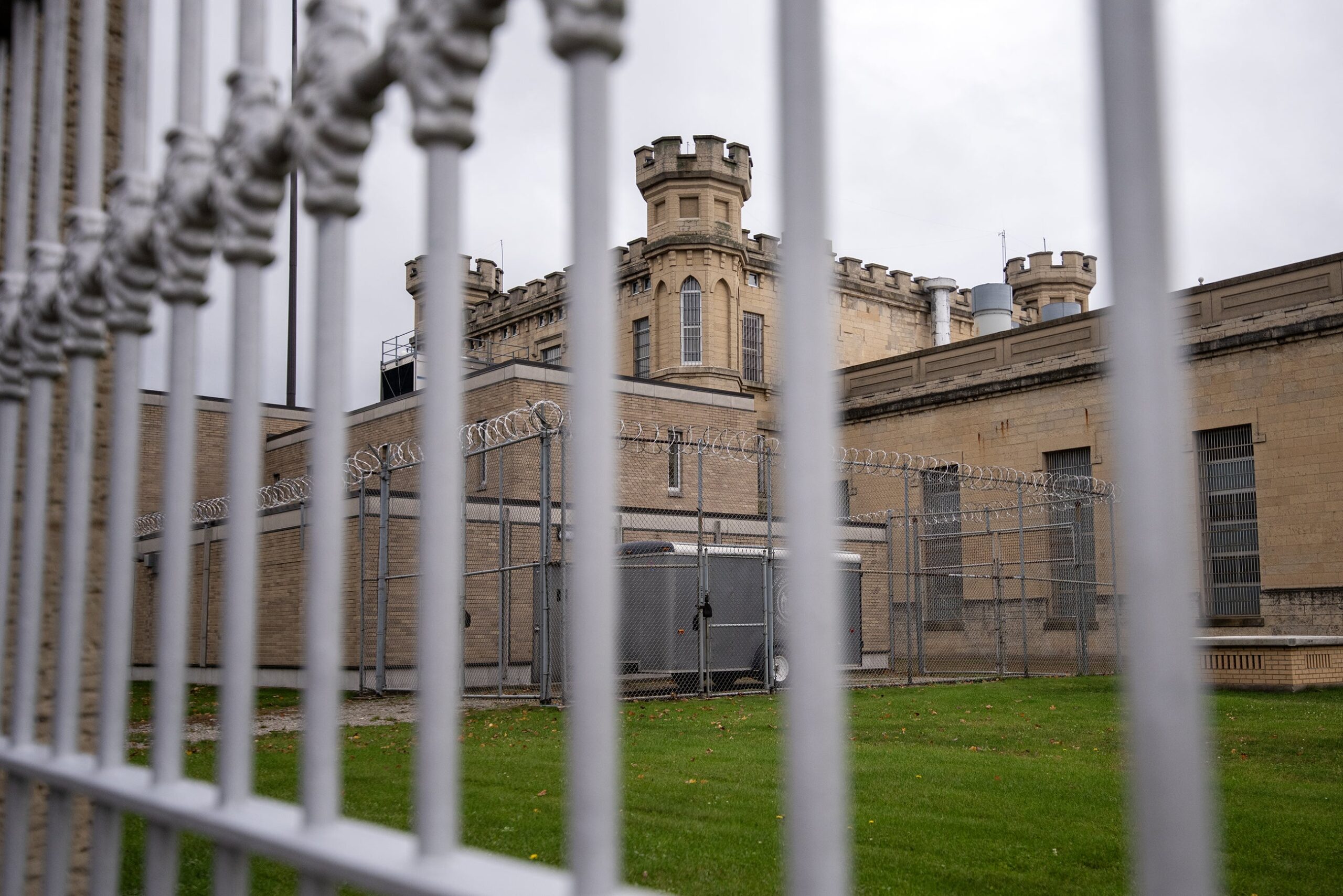Wisconsin’s only oil refinery has not yet resumed full operations this summer as previously anticipated following a $1.2 billion effort to rebuild the facility after an explosion five years ago.
The 2018 explosion and series of fires injured three dozen workers at the refinery then-owned by Calgary-based Husky Energy. The explosion prompted fears of a hydrofluoric acid leak, causing around 2,500 people in the city to evacuate.
No such release occurred but a tank containing hot asphalt was punctured by debris from the explosion, spilling 17,000 barrels into the refinery that caught fire and burned for hours. The explosion caused roughly $550 million in damage to the plant, which has since been acquired by Calgary-based Cenovus Energy.
News with a little more humanity
WPR’s “Wisconsin Today” newsletter keeps you connected to the state you love without feeling overwhelmed. No paywall. No agenda. No corporate filter.
Cenovus had expected to resume full operations by the end of June, but work is still ongoing.
“Superior continues to ramp up with a focus on safely restarting the cat cracker which is the last of the major units to restart,” Cenovus President & CEO Jon McKenzie said in a Thursday earnings call.
The cat cracker or fluid catalytic cracking unit is used to make gasoline. A final report from the U.S. Chemical Safety Board found the refinery’s lack of safeguards in that unit, including a severely eroded valve, led to the explosion during a maintenance shutdown in 2018. The refinery has since installed a new unit, control system and state-of-the-art valves.
Keith Chiasson, executive vice president of downstream operations, said it’s been a bit of a challenge to work through “normal startup issues.” Despite that, he said the company is days away from running feed or gas oil through the unit.
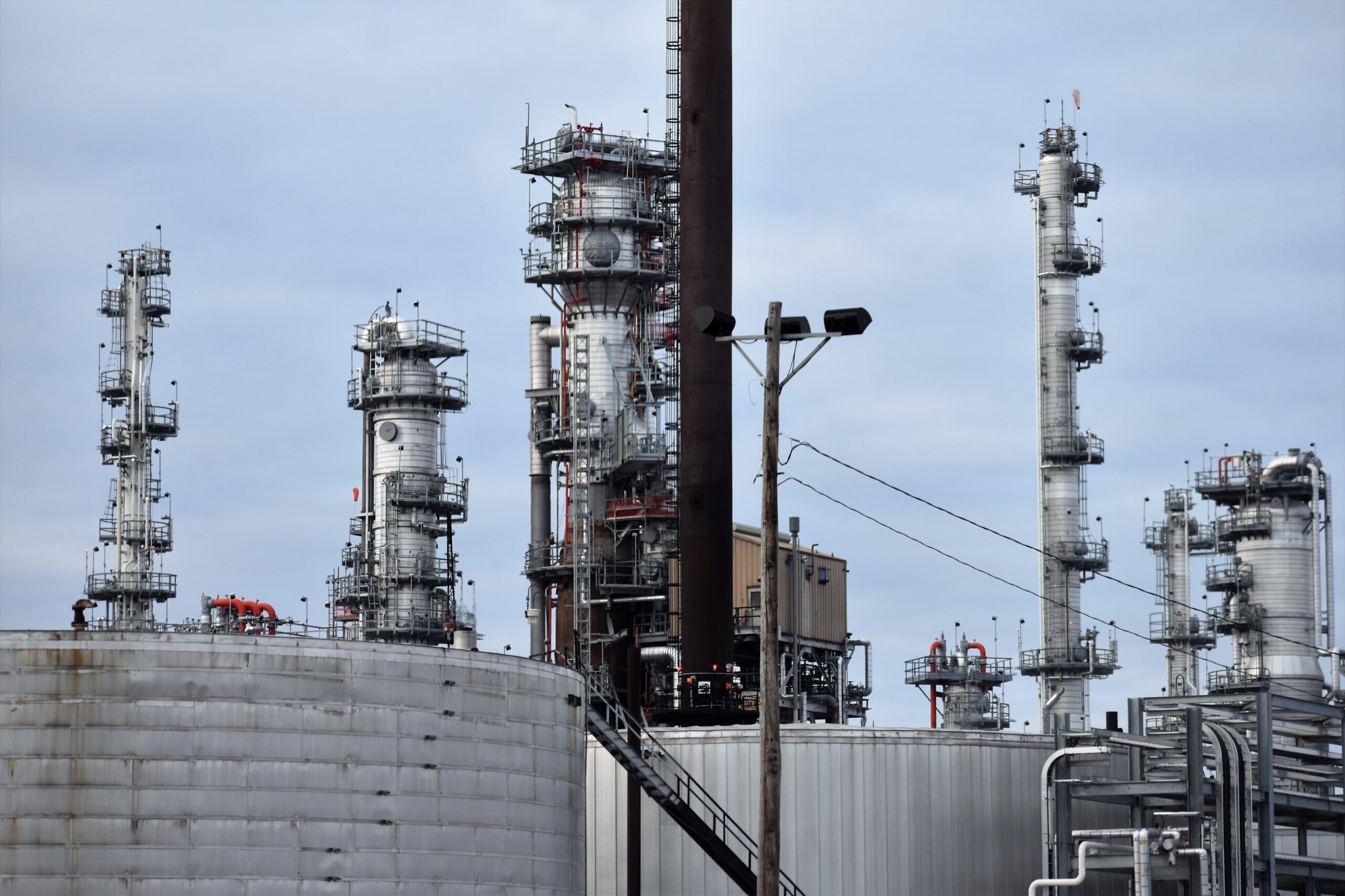
“We have a fair amount of inventory there that we’ll be able to run through the (fluid catalytic cracking unit) once it’s up and running and generate cash,” Chiasson said. “It’s imminent. We’re just knocking through the last couple of challenges that the team has seen as they’ve safely restarted that refinery after being down for five years.”
The refinery has faced multiple delays in resuming operations due in part to the COVID-19 pandemic, after which initial costs to rebuild the refinery tripled. A company spokesperson didn’t address a request Friday for details on the challenges the refinery has faced with restarting the fluid catalytic cracking unit, saying only that it’s a complex process.
“We are taking all steps needed to bring it safely online,” a spokesperson said, adding the rest of the refinery is online and producing product for sale.
The refinery has implemented upgrades to enhance safety in the wake of the explosion. That includes the addition of water cannons and a rapid acid transfer system for its hydrofluoric acid tank. The facility has also incorporated new training materials and simulators to cover a range of operating conditions.
Douglas County Emergency Management Director Dave Sletten said they receive updates from Cenovus staff about the refinery’s process to resume operations.
“We’ve been working on various trainings and tabletop exercises with local responders and Cenovus staff as well,” Sletten said, noting that may involve scenarios of a potential release at the facility.
Superior Fire Chief Camron Vollbrecht said they also meet with Cenovus on a regular basis to discuss work as the refinery comes online and brings product into the facility. He noted the department sends firefighters to industrial fire training and also conducts trainings at the Cenovus refinery.
A final report on the explosion found the refinery’s emergency response team had been training monthly prior to the incident and conducting site-specific drills with the Superior Fire Department. Teams were able to extinguish a large blaze stemming from the explosion within hours, but the fire was initially expected to burn for days.
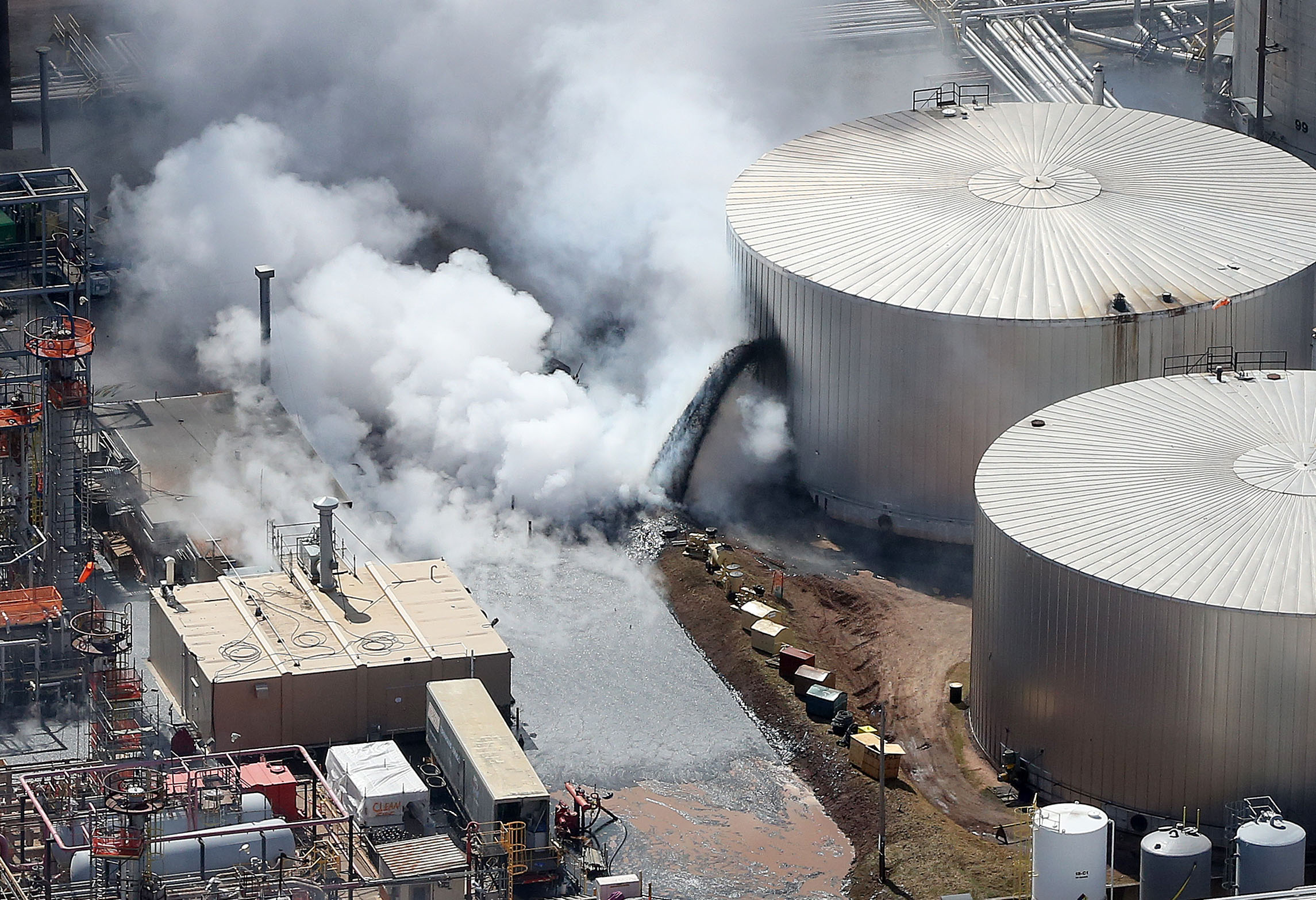
Since then, Vollbrecht said the department has continued training with the refinery and other industrial partners.
“We have specialized equipment as provided through our partnership with our local petroleum industry that allows our responders to respond and react to incidents if they would happen at that facility or any other facility in town,” he said. “We’re better equipped and better trained to handle those incidents because of the partnership that we’ve had with these organizations.”
The explosion prompted multiple lawsuits. In December, contract workers injured in the blast reached a settlement with the company. In 2021, residents reached a roughly $1 million settlement agreement as part of a federal class-action lawsuit for lost wages and lodging due to the evacuation. An amended settlement was also reached with the state and federal government to offset emissions from the explosion.
Cenovus has said around 350 employees now work at the refinery, which previously employed around 200 workers year-round. It will have an annual payroll of about $30 million and contribute $2.2 million in property taxes. The company also spends around $48 million each year on contractors and vendors, thousands of which helped rebuild the refinery over the last five years.
The refinery typically produces gasoline, diesel and asphalt with a capacity of roughly 50,000 barrels per day.
The company reported lower net earnings of roughly $655 million U.S. dollars for the quarter ending in June due to Canadian wildfires that forced the company to cut production. Cenovus generated around $1.5 billion in cash from operations during the period.
Wisconsin Public Radio, © Copyright 2025, Board of Regents of the University of Wisconsin System and Wisconsin Educational Communications Board.

